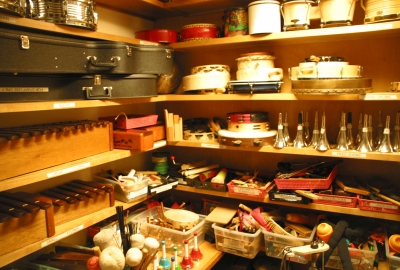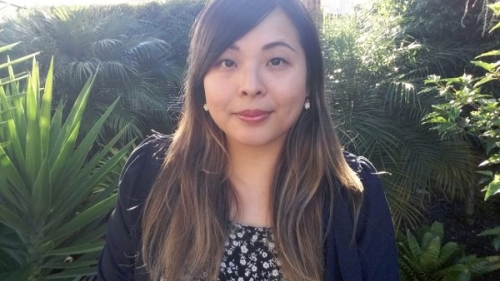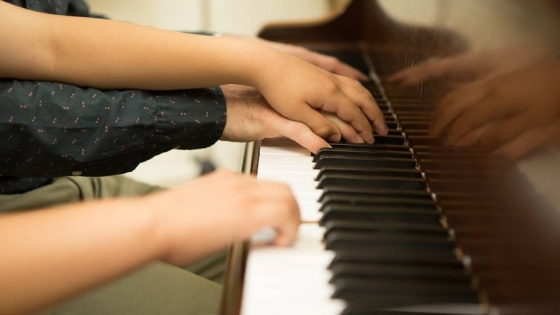

Min-Min Cheung, Nordoff-Robbins Music Therapist
In early February, Min-Min Cheung, a Nordoff-Robbins music therapist and NYU alum working at a practice in Beijing called Tempo Rubato, reached out to NYU’s Nordoff-Robbins Center for Music Therapy with an idea for a project.
CoVID-19 was spreading across China and Tempo Rubato began Project Light by asking how an improvisational musical approach could help people process these changes.
Gathering information from the news and personal diaries and video logs from people in Wuhan, Tempo Rubato disseminated emotional narratives describing the frustrations, fears, sadness, pain, and hope people in Wuhan were feeling to Nordoff-Robbins music therapists in the UK, Japan, New Zealand, Pennsylvania, and here at NYU Steinhardt, asking each group to improvise on the themes suggested in the narratives.
Many of the students and staff who worked on this project at NYU’s Nordoff-Robbins Center found it to be meaningful for them on a personal level, especially as CoVID-19 changed their lives in New York. Several students also had families locked down in China. It became a musical project for the Clinical Improvisation class.
The result is an eight-track musical journey which covers themes such as loss, hope, and triumph. While it was originally conceived of as something for the people of Wuhan as the pandemic spread, others around the world have since found that the music resonates with them as well. It may help people feel connected with others in this time of difficulty and isolation. Tempo Rubato warns that some of this music can bring up uncomfortable feelings and strongly encourages people to listen to the entire collection in order.
“This improvisation, which reflected on the impact the virus had on the people of Wuhan, was a powerful experience for me. Now that the pandemic is more actively affecting the United States, I see the recording as a reminder of the strength and agency I can find in music,” said Nordoff-Robbins intern Daniel Wenger.

